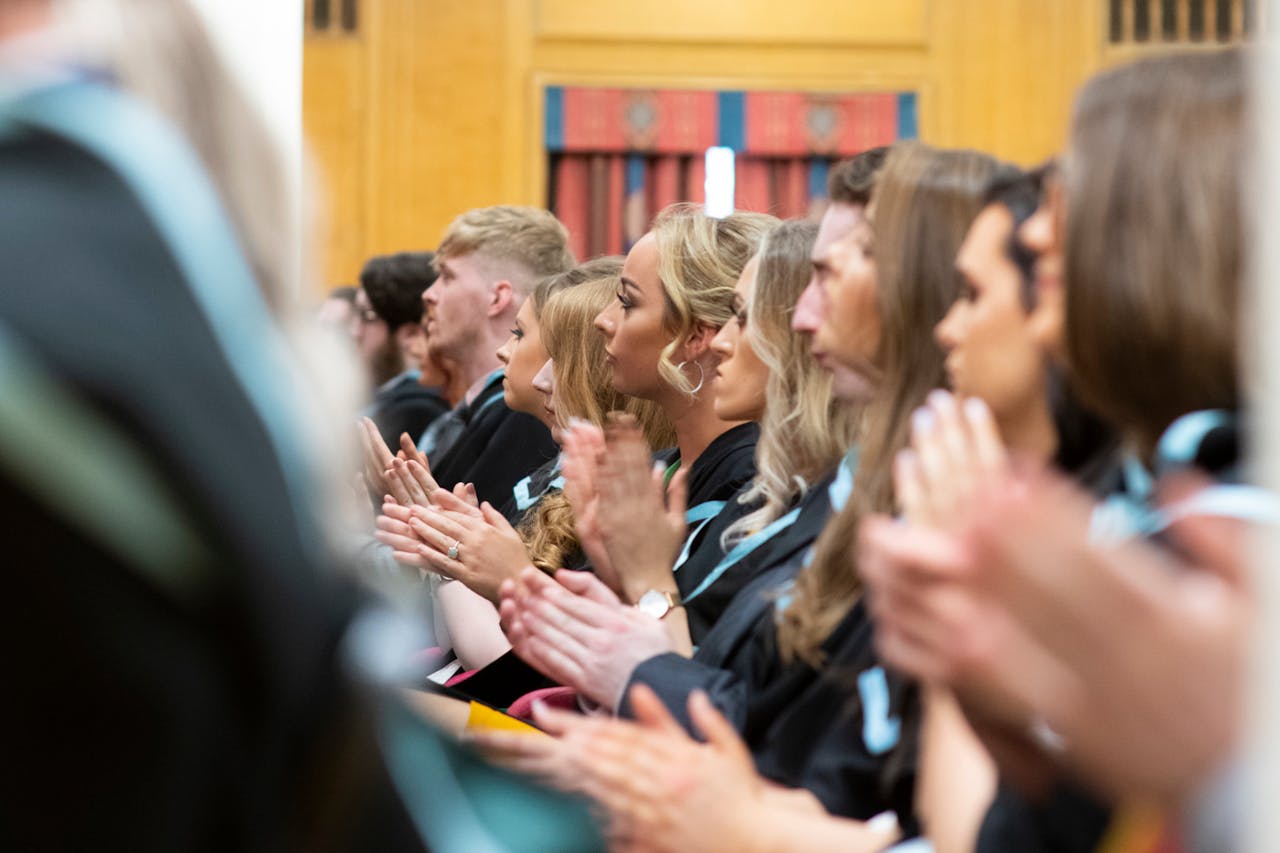Finance - can I afford it?
The reality is that many mature students will have far better budgeting skills than many 18 or 19 year olds. They may also have more financial commitments too! So helping them to get to grips with student finance figures will be an important starting point. Many universities will have bursary and scholarship information that they can research as part of the process and Advancing Access has its own bursary directory. Further information can also be found on The Scholarship Hub and the Complete University Guide blog. Many mature students will be in paid work before they go to university. This can give them a chance to save up a financial buffer before they begin their studies. It’s also worth discussing with them if their current employer could offer them part time work or full time work during the longer summer vacation. Alternatively, could they use their skills and experiences to work for a different employer part time or on a freelance basis. They could also look for work at the university they get in to – student ambassadors will often do work for university marketing and outreach teams, both in person and virtually. Some universities’ Access and Participation Plans may have mature students as a group to actively support in different ways and so they may welcome the support of mature student ambassadors.
Managing 'life' outside of studying
There’s no getting away from the fact that some mature applicants may have more ‘complications’ to consider when they are applying to university. They may have children in nursery or at different stages of school or other family commitments. It can be a huge step to alter the practicalities around these commitments. Talking through how the practicalities might change will really help. For instance, who will do the school pick ups or drop offs? Encourage applicants to think about what financial or other support they may need from their family and friends. By developing a plan, applicants can ‘visualise’ how they will cope and succeed at university.
If I don't study a vocational subject, will I get a career afterwards if I'm older?
There can be an assumption from some students that those leaving non-vocational degrees at Russell Group universities will purely aim to get into graduate schemes for big employers or the civil service fast track. Whilst a large number do aim for this, only about 10% of all graduates get into a graduate scheme after university. There are in fact far more opportunities in SME’s nationally than with these larger employers. The labour market research that people like Charlie Ball do suggests that having a degree, even in recessions, does help students find work.
The skills that mature graduates have from both their experiences of work and studying will be invaluable here to help them plan their ‘exit’ from HE well. HE careers services are usually far better resourced than school and college careers departments and will have numerous ways to help students do this.
For those students who really get the study bug, they could look at postgraduate study too. For more information about the opportunities and funding available here, these two sites are useful - Find a Masters and Find a PhD. For many occupational choices, having further degrees won’t always give additional weight though, unless it’s to conversion or training courses, e.g. a PGCE (to train to be a school teacher) or a social work Masters.



